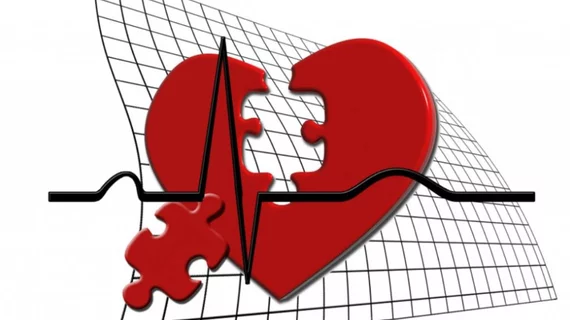Top execs resign after investigation into deaths at pediatric heart program
Three administrators at Johns Hopkins All Children’s Hospital, including the CEO, have resigned following a Nov. 28 report from the Tampa Bay Times that found mortality rates tripled in the pediatric heart surgery unit from 2015 to 2017—even as the center began to turn away more challenging cases.
The newspaper’s investigation into the St. Petersburg, Florida, facility also revealed that hospital leaders had ignored warnings from staff members as early as 2015 about procedures that had gone awry, allowing the surgeons from those cases to continue to operate.
In a statement released Dec. 11, Johns Hopkins Medicine, which owns and operates All Children’s, said CEO Jonathan Ellen, MD; vice president Jackie Crain; and deputy director of the hospital’s Heart Institute Jeffrey Jacobs, MD, have resigned. Paul Colombani, MD, will also step down as the chair of the department of surgery but will continue in a clinical capacity at the hospital, a Johns Hopkins spokeswoman told the Tampa Bay Times.
“Losing a child is something no family should have to endure, and we are committed to learning everything we can about what happened at the Heart Institute, including a top-to-bottom evaluation of its leadership and key processes," the health system’s statement said. “The events described in recent news reports are unacceptable.”
The Times authored an editorial saying the leadership changes represent “the first meaningful step toward restoring the community’s trust in the venerable institution.” Read the newspaper’s full report on the resignations below:

